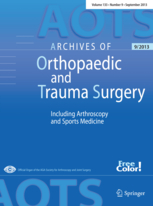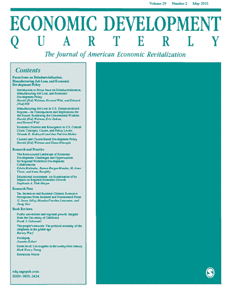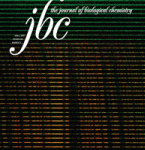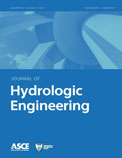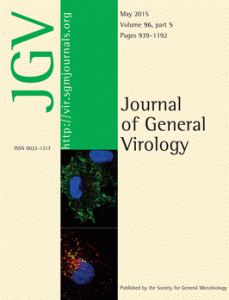 A pair of animal nutrition researchers in India have now had a second paper on the nutritional value of a fungal treatment for wheat straw retracted, and one of the authors is very unhappy about it.
A pair of animal nutrition researchers in India have now had a second paper on the nutritional value of a fungal treatment for wheat straw retracted, and one of the authors is very unhappy about it.
M.S. Mahesh of the National Dairy Research Institute at Deemed University claims a co-author issued “abusive letters” to an editor of the journal where the first paper was retracted (which said co-author denies), and that editors responsible for the second retraction removed the paper “unscientifically and unethically.”
The second paper, in Livestock Science, describes the treatment of wheat straw, a wheat by-product, with a fungus in an effort to improve the nutritional worth of the straw. It has a similar title, subject, and conclusions to those of a 2013 paper from the journal Tropical Animal Health and Production, which was retracted because the authors “had no permission to use the data presented in the Table 1.”
We described that earlier retraction from TAHP, and the similarity with this most recently retracted paper, in a post from early last year.
Here is the LS retraction notice for “Nutritional evaluation of wheat straw treated with white-rot fungus Crinipellis sp. RCK-SC in Sahiwal calves”: Continue reading Food fight: Animal nutrition author disputes two retractions


